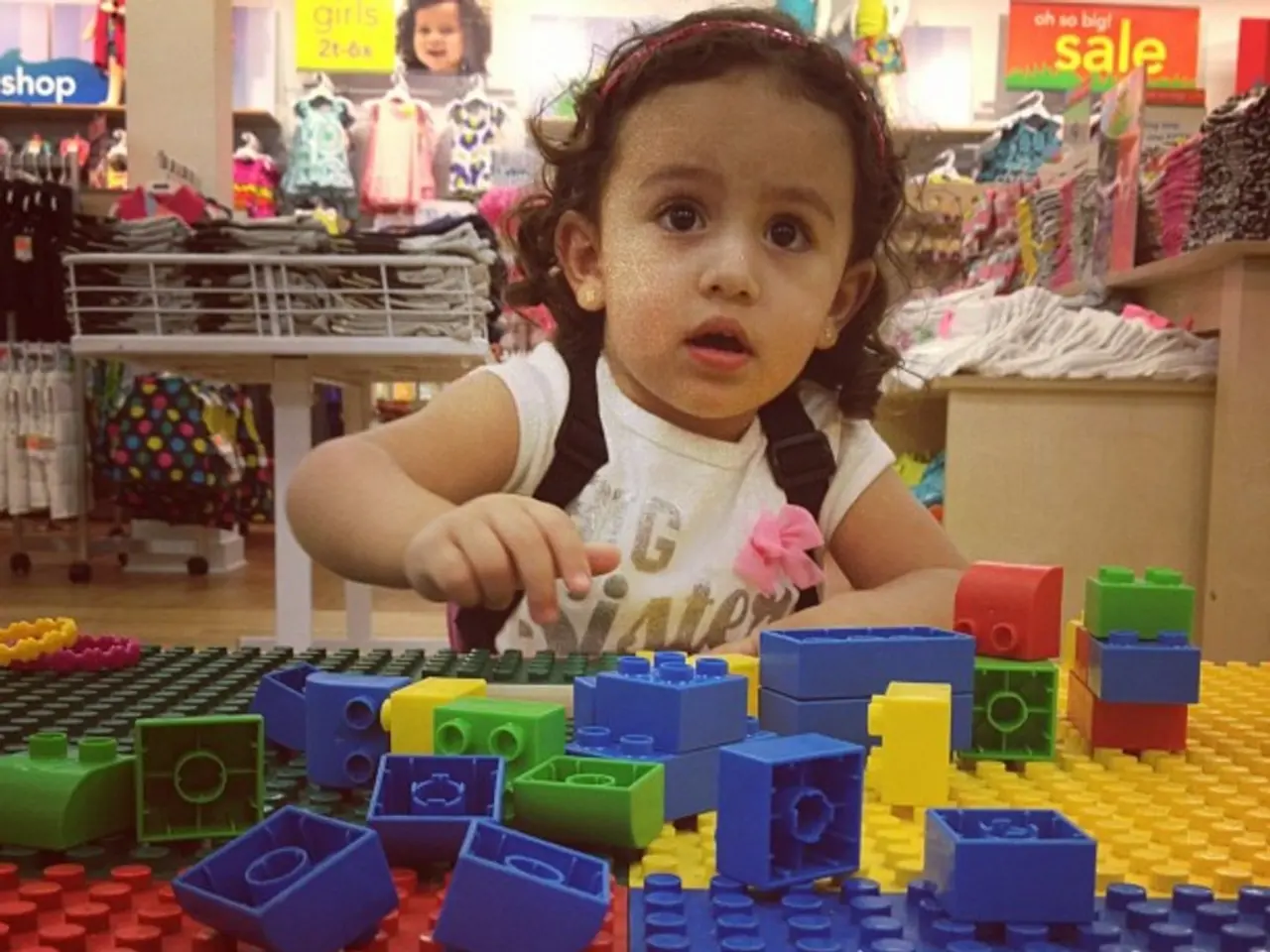Navigating Child Custody and Support Disputes During Divorce: Roles of Attorneys in Negotiating Agreements
Navigating Child Custody and Support During Divorce: A Guide for Parents in Florida
Divorce, especially when children are involved, can be a complex and emotionally charged process. Child custody, visitation rights, and financial support are often the most important issues to address. In Florida, it's crucial to have a skilled family law attorney by your side to navigate these challenges effectively.
Understanding Child Custody and Support
Child custody involves determining a custody arrangement that serves the child's best interests, considering factors like the child's age, needs, relationship with each parent, and ability to provide a stable home environment. Legal custody refers to the right to decide about the child's welfare, education, and health, while physical custody determines where and with whom the child will live. Custody can be joint (shared by both parents) or sole (granted to one parent).
Financial support ensures that both parents contribute to the economic needs of their children after divorce, including housing, food, clothing, education, and medical care. In most states, including Florida, child support is determined by a formula that considers each parent's income, number of children, custody arrangement, and other financial factors.
The Role of a Family Law Attorney
Experienced divorce lawyers can help create a parenting plan outlining each parent's responsibilities and time-sharing arrangements. They can also accurately calculate your child support obligation (or what you may receive), gather documentation of income, expenses, and assets, and ensure the agreement is fair and reflects your child's real needs.
In high-conflict or complex cases, such as those involving domestic violence, substance abuse, or relocation, courts may also appoint a guardian ad litem. A family law attorney can help both parents reach an agreement outside of court through mediation, which is often faster, less expensive, and more cooperative.
Choosing the Right Attorney
Choosing a Florida divorce attorney specializing in child-related issues is crucial. Prioritize finding a lawyer with extensive experience in family law who specifically handles child custody, support, and related sensitive matters like domestic violence and dependency cases. Look for attorneys who demonstrate a proven track record in similar cases, clear communication, and honest legal advice while advocating for your child’s best interests.
Key steps include confirming the attorney’s specialization in child-related family law areas, assessing their experience and success in negotiating custody arrangements that focus on the child's best interests and safety, evaluating their communication style, considering their approach to sensitive issues, and checking client testimonials or consulting local resources to verify the attorney’s reputation and results in child-focused cases.
In summary, the right Florida divorce attorney for child-related issues will combine legal expertise in family law with a compassionate, child-centered approach and transparent communication. Ensuring a child's well-being and both parents' understanding of responsibilities is essential during a divorce. Consulting with an attorney early can make a significant difference in the outcome of your divorce case. A well-structured parenting plan, helped by a family law attorney, reduces conflict, provides consistency for your children, and establishes a legal foundation for effective co-parenting.
- To create a workable parenting plan and secure a suitable child custody arrangement, parents in Florida should consider hiring a family law attorney with expertise in child-related issues.
- A crucial aspect of navigating a divorce in Florida is understanding child support, which includes contributions towards food, housing, education, and medical care, and is typically determined by a state-specific formula.
- Effective representation by a family law attorney can also help keep sensitive issues like domestic violence and dependency cases under control, thereby securing the child's overall well-being.
- Engaging in mediation rather than litigation, an approach promoted by skillful family lawyers, can help parents in Florida achieve a faster, less costly, and more cooperative resolution to their custody and support challenges.
- For a positive outcome in a Florida divorce with children, parents should focus on finding an attorney with a child-centered approach, clear communication, and a proven track record of success in education, health, family-health, parenting, lifestyle, relationships, and education-and-self-development related family law cases.




